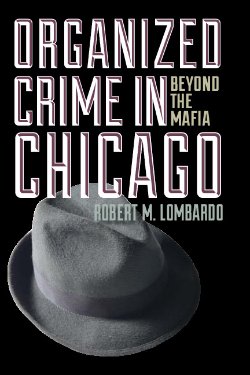By Mark Ungar
Because of the increasingly organized and lethal nature of criminality in Latin America and Caribbean (LAC), OC policy may be the single most important safeguard for regional security. Nearly every current report, in fact, stresses OC’s increasingly threatening impact “on the economic and sociopolitical environment of the region” as it fuels manifestations of criminal violence such as “trafficking of persons, exploitation of natural resources, threats to protected areas, forced displacement, criminal governance, robbery, physical aggression, extortion and kidnapping,” according to UNDP. A recognition of the tandem growth of OC’s forms, though, does not mean a policy-relevant understanding of them. Such an understanding requires disentangling these crimes’ many overlapping sources, removing embedded layers of methodological obstruction, and attuning responses with OC practice. This multiple challenge, though, first requires stepping back to re-evaluate existing paradigms in at least three ways that this report discusses. First is to question existing OC data, since much of it is suspect, biased, or incomplete – reflecting the misalignment of institutional process and policy goals. Second is the ways in which OC draws its power from a multitude of local, national and regional links among non-state, economic, and state agencies that, like dark matter, are omnipresent but largely invisible. Third is a need to widen and re-examine physical and geographic space.
Miami: Florida International University, Jack D. Gordon Institute for Public Policy, 2021.





















